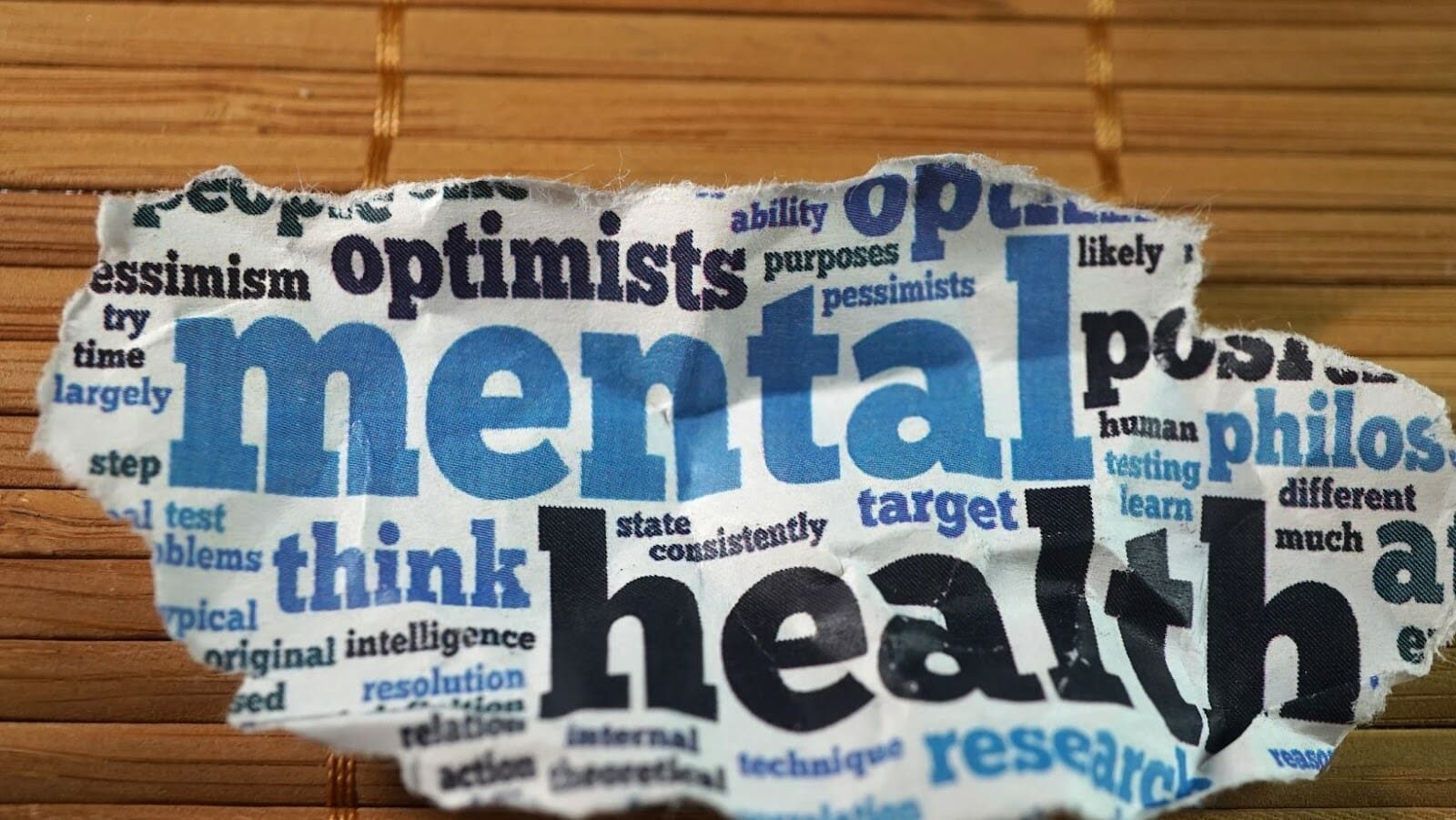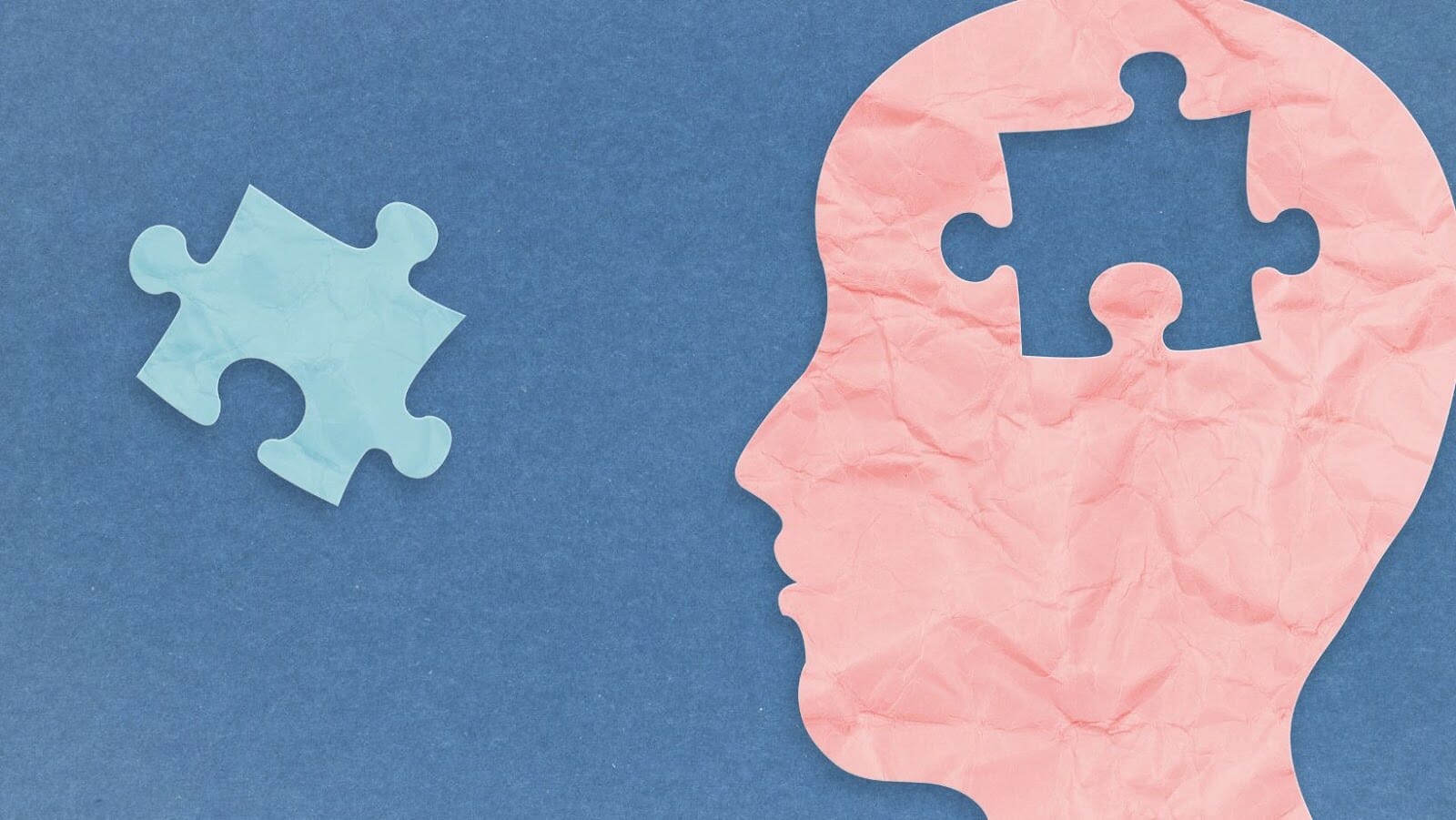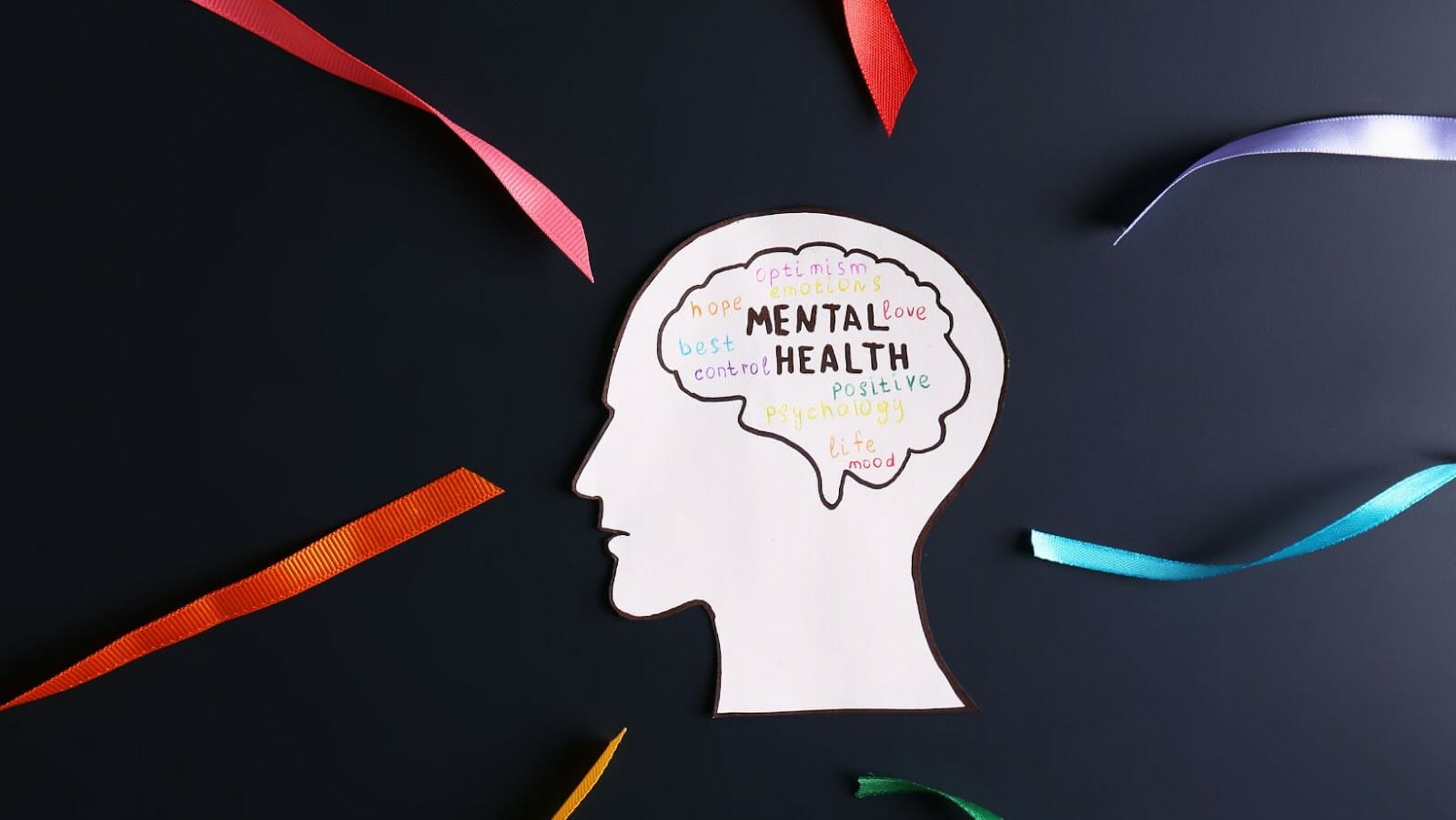
Since we live in a world that is constantly connected and evolving, we need to be able to develop healthy habits of self-care. But, unfortunately, mental health is an overlooked component of our overall wellbeing and access to support can be limited.
Unmind is a mental health platform designed to help individuals build resilience and understand their mental health needs. It offers tailored insights, interactive digital sessions, and supportive resources for better self-understanding.
In this article, we’ll analyse how Unmind compares to traditional mental health options including self-help books and apps, peer support tools, counselling services, hypnotherapy or psychotherapy appointments, medication therapy management programs and work wellness programs. We’ll look at how each option works alone as well as how they compare when used in combination with one another. By the end of the article you can decide which is the best option for your personal circumstances and goals.
What is Unmind?
Unmind is an innovative mental health platform, providing mental health support for employees in the workplace. Recently, Unmind raised $47M in funding to continue expanding its platform and providing accessible mental health support to businesses.
This article will discuss what Unmind is and how it stands up to other traditional mental health support options available.
Overview of Unmind’s features
Unmind is a digital mental health platform providing evidence-based support for customers to manage their mental wellbeing. The platform offers a wide range of features from trackers and self-assessments, to interactive learning programs and personalised challenges. In addition, unmind encourages supportive conversations between employees, managers, and teams about mental health topics.
Trackers & Self-Assessments: Unmind has tools that enable customers to understand their overall stress, anxiety, or sleep quality. Customers can access a range of trackers and self-assessments to understand their feelings and which areas they can focus on improving.
Interactive Learning Programs: Through the interactive learning programs on Unmind, customers can build the foundation of knowledge they need to understand the importance of taking care of their wellbeing. This covers topics such as resilience building exercises, identifying stressors in their daily lives and forming better habits around emotions such as stress or anxiety.
Personalized Challenges & Support: Unmind also provides personalised challenges for customers that help them build skills for tackling mental health issues such as anxiety or low mood through mindfulness and gratitude journaling practices. These activities are generally found under ‘habits’ which link back into the program categories mentioned above (e.g resilience building). The platform also provides support resources including 1-1 coaching sessions, advice lines/helplines you can contact if you need immediate help, contact details for in-person therapists/behaviours health professionals etc., depending on your location these may be free or paid services through an additional subscription fee.

Unmind raises $47M for a platform to provide mental health support in your workplace
Finding the right mental health support option can be challenging, particularly when providing support in the workplace. Unmind, a UK-based mental health platform, has just raised $47M in funding and is looking to help organisations provide accessible and cost-effective mental health support to their employees.
But how does Unmind compare to other mental health support options out there? In this article, we will compare Unmind with other mental health support options to help you decide which is best for your organisation.
Traditional therapy
Traditional therapy is offered by trained professionals such as social workers, psychiatrists, psychologists, and counselling professionals. It typically involves in-person meetings where a therapist and patient discuss the patient’s difficulties. Traditional therapy can be beneficial for patients who can afford it, as well as those who need more support than online services provide.
Traditional therapy often relies on establishing trust and building relationships over time, which can help individuals become more open and willing to participate in treatment. In addition, in some traditional therapies like psychodynamic or psychoanalysis, therapists encourage their patients to explore deep-seated feelings about current circumstances that may affect them emotionally or psychologically.
In addition to traditional one-on-one conversations with a therapist during office visits, many traditional therapists also offer group sessions to help several individuals reach common goals while providing mutual support and inspiration among group members. Traditional mental health support may include activities such as journaling or self-reflection exercises where clients examine their behaviours, thoughts or patterns of behaviour to gain greater insight into their emotions and mental state.

Online therapy
Online therapy is an option for those seeking mental health support but can’t commit to traditional in-person therapy. Many platforms are available offering different types of counselling, such as video-based or one-on-one messaging. Online therapists are often well qualified and their sessions usually work the same way as traditional therapy.
Unmind stands out from other online therapy offerings via the use of digital technologies, including accessible AI-driven tools, self assessment quizzes and digital meditation practices. By harnessing the power of these technologies, Unmind offers users a unique experience when dealing with their mental health. Furthermore, Unmind’s experienced counsellors offer more than just ‘listening’; they focus on helping users to create positive changes within their lives through personal narratives and goal setting strategies.
Additionally, Unmind’s team regularly works with experts in psychology, neuroscience and nutrition to ensure content provided is based on sound scientific evidence and its personalised approach targets individuals’ specific needs instead of providing one size fits all solutions.
Mental health apps
Mental health apps are quickly becoming popular to help people manage mental health issues, but how do they compare to other mental health support options?
When it comes to mental health support, various options are available. From phone counselling services to more traditional office visits, many opportunities exist for people seeking help. Mental health apps are the newest addition to the list and can be used as a self-help tool or with more thorough treatment – depending on your needs.
Unmind is a well-respected mental health app designed to provide users with self-care resources and an evidence-based program for improving well-being. Created by clinical psychologists, it offers various features tailored towards helping people struggling with anxiety, depression and stress. The app includes clinical grade advice, cognitive behavioural therapy techniques, recommendations about managing work-life balance, healthy self-talk practices, and tips for reducing stress.
The app’s accessibility allows people in remote areas or who may have limited resources access mental health support that might not be available otherwise without leaving home. This makes Unmind a convenient option for many who cannot commit to ongoing therapy sessions or talk therapy appointments due to scheduling conflicts or other restrictions.
However, Unmind should not be considered as an outright replacement for traditional therapies such as talk therapy provided by licensed therapists or counsellors – though the app can certainly complement such interventions when appropriate – but rather serve as an additional form of support that allows users greater autonomy over their wellbeing through simple exercises like meditation practice, conversational check-ins, habit tracking tools and activity logs that all create stronger connections between thoughts feelings, behaviours and surroundings which can aid in improving overall mental wellness naturally over time.

Benefits of Unmind
Unmind is a mental health and wellbeing platform designed to help employers create mentally healthy workplaces and support the individuals who work in them. Unmind provides evidence-based, user-driven tools and resources tailored for each individual.
One key benefit of Unmind compared to other mental health support options is its focus on preventative care rather than reactive treatment. Unmind’s modules focus on anchoring positive habits, building resilience and improving mental wellbeing; all activities that can be implemented before distress or illness arises.
Another benefit of Unmind is its suite of tools tailored to individuals’ needs. Enhancing engagement with digital mental health solutions is often difficult, but Unmind’s personalised modules ensure that users stay motivated throughout the journey by leveraging data-driven insights and visuals.
Lastly, Unmind provides a safe environment that encourages users to openly explore their emotions without fear or stigma associated with traditional face-to-face therapies. Users can access a range of proven techniques – such as Cognitive Behavioural Therapy (CBT) – without ever needing to disclose their identity or reasons they might be seeking support.
These tangible benefits make Unmind stand out from other mental health support options as an engaging platform, offering scalable guidance and support for everyday wellbeing through digital intervention for maximum impact across entire organisations.
tags = Unmind, raises $47M, platform to provide mental health support, London startup, pandemic-fueled mortality, londonbased unmind eqt ventureslundentechcrunch, EQT Ventures, apphire Ventures



